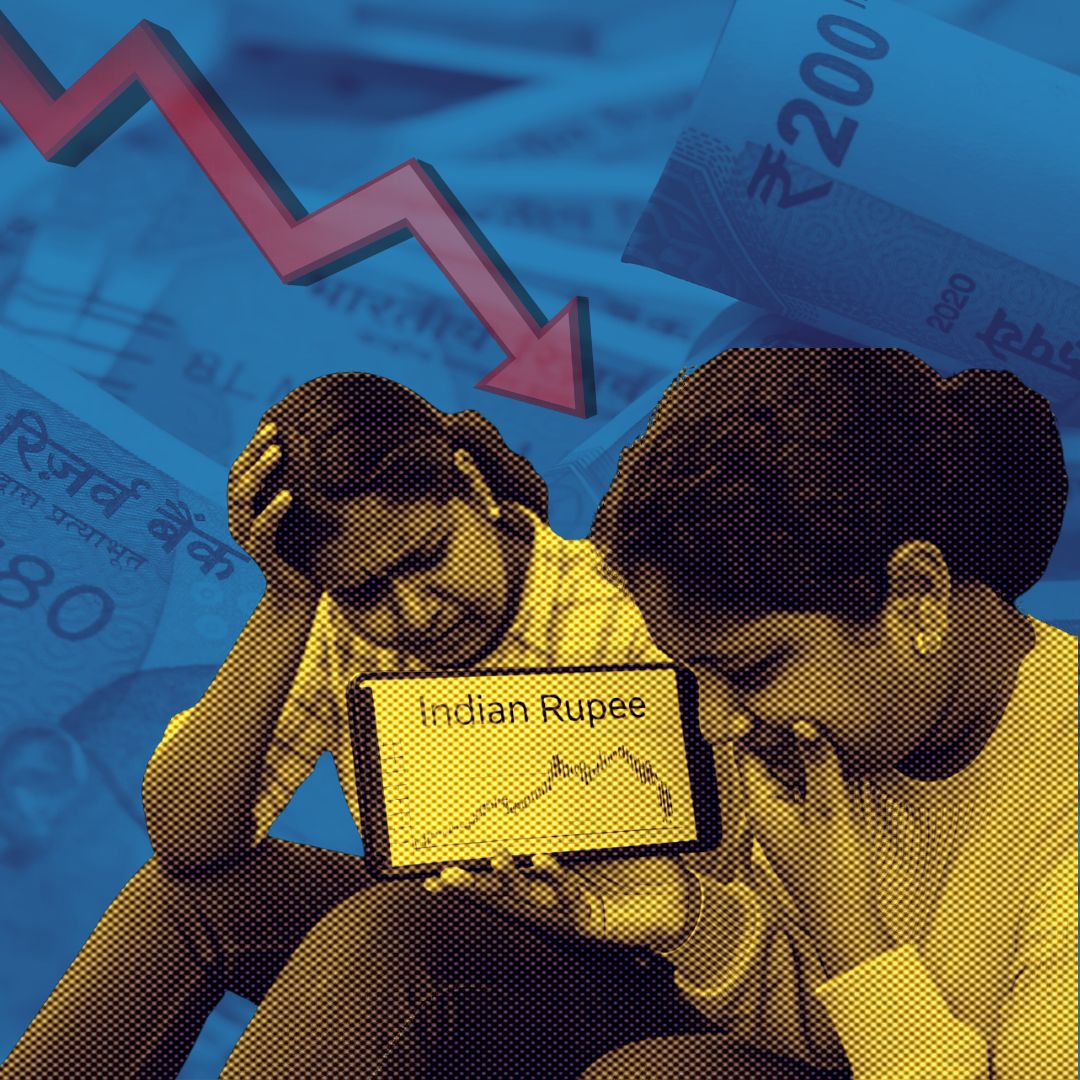The Indian rupee has hit a new all-time low of 84.32 against the US dollar as of November 8, 2024, following a series of declines influenced by weak domestic equities and sustained foreign institutional investor (FII) outflows. The Reserve Bank of India (RBI) has intervened by selling dollars to curb further depreciation, but experts warn of continued volatility due to rising crude oil prices and global economic uncertainties.
Rupee Continues to Decline Amid Market Pressures
On November 8, 2024, the rupee fell 1 paisa to close at 84.32, having touched a low of 84.38 during trading. This decline is attributed to persistent selling by foreign portfolio investors and a muted performance in domestic equity markets, with the BSE Sensex dropping over 800 points. Forex traders noted that the RBI is actively managing the currency’s movement by using a portion of its forex reserves to sell dollars, which has contributed to a decrease in reserves below $700 billion recently. Anuj Choudhary from Sharekhan highlighted that while the RBI’s interventions are crucial, the rupee’s future trajectory remains uncertain amid global market fluctuations.
Expert Insights on Currency Movements
Analysts are divided on the best approach for the RBI moving forward. V Rama Chandra Reddy, head of treasury at Karur Vysya Bank, stated that allowing a gradual depreciation of the rupee is essential to keep Indian exports competitive in light of a strengthening dollar and potential tariffs from the US under President-elect Donald Trump. Anil Kumar Bhansali from Finrex Treasury Advisors LLP echoed this sentiment, suggesting that if the Federal Open Market Committee (FOMC) adopts a hawkish stance in its upcoming meeting, the rupee could further decline towards 84.50.
The Logical Indian’s Perspective
The ongoing depreciation of the rupee highlights significant economic challenges that could affect not just investors but also everyday citizens facing rising import costs and inflation. As we navigate these financial uncertainties, it is crucial to engage in constructive dialogue about sustainable economic practices and support for those impacted by currency fluctuations. How can we collectively work towards ensuring economic resilience and fairness in these trying times? We invite our readers to share their thoughts and insights on this pressing issue.









